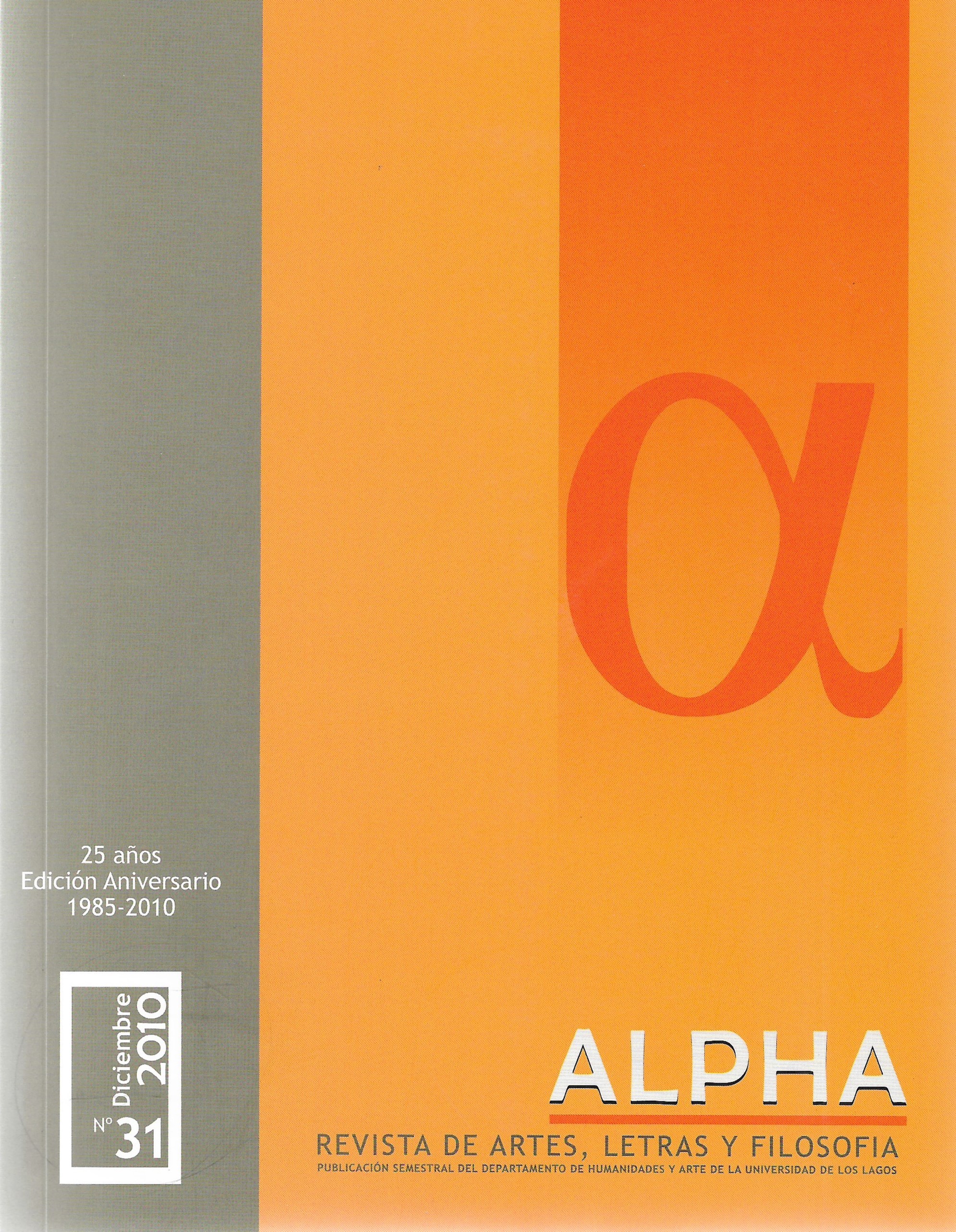The Uses of “tú” and “Ud.” in Speech Acts: An Approximation to the Bilingual’s Pragmatics
Main Article Content
Issue:
N°31 Volumen II 2010
Section: Articles
Abstract
This paper explores how second and third generation Cuban Americans from
Miami, Florida, use the address pronouns “tú” and “Ud.” when formulating speech acts such as requests in Spanish. A qualitative analysis shows that the explicit use of the pronouns when uttering a speech act fulfills a double purpose: 1) to flatter the hearer and express solidarity towards her/him, and 2) to establish distance towards the interlocutor when the speaker is in a position of power.
Article Details
Gutiérrez-Rivas, C. (2019). The Uses of “tú” and “Ud.” in Speech Acts: An Approximation to the Bilingual’s Pragmatics. ALPHA. Revista De Artes, Letras Y Filosofía, 2(31), 85-102. Retrieved from https://revistaalpha.ulagos.cl/index.php/alpha/article/view/1825
Downloads
Download data is not yet available.

This work is licensed under a Creative Commons Attribution-ShareAlike 4.0 International License.
